If you want to spend some time with the nature, then creating an eco-friendly garden would be an excellent idea. Creating a garden not only helps you in connecting with the nature, but it also becomes your contribution for an healthier earth.
Apart from this, a garden can offer you fresh, home grown produce. It also helps you in reducing your environmental footprint. In order to create a garden for yourself, you need a balcony, a small backyard, or a little corner on the terrace – anywhere where you feel like you can do gardening.
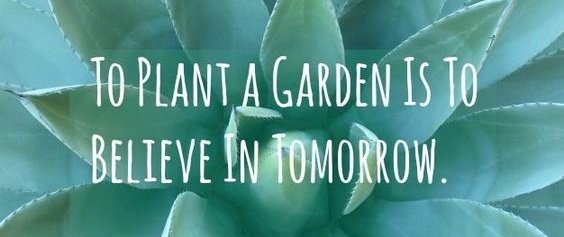
When you are going to create a garden for yourself, by your own, don’t forget to follow eco-friendly gardening practices which will help your garden to thrive and also support the planet. Using a little bit of creativity and some planning, you can transform your empty space into a sustainable garden. Here are some tips that will help you in creating an eco-friendly garden.
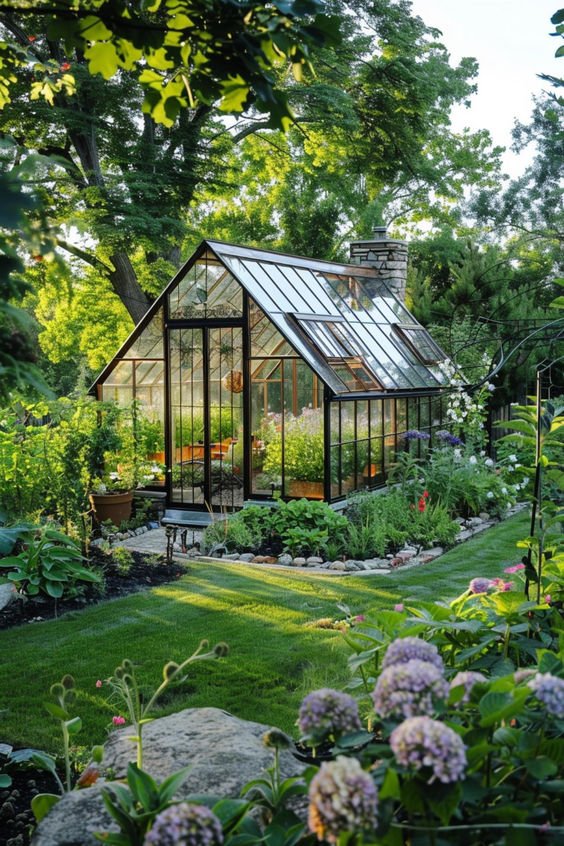
1. Start With Healthy Soil : You can’t create a healthy and eco-friendly garden without using healthy soil. Some soils are naturally healthy, while some can be improved using fertilizers. When it comes to fertilizers, there are many available in the market. But they have chemicals in them. You should opt for natural fertilizers. To begin with sustainable gardening, you can test your soil to understand its composition and nutrient levels. After that, if you want to increase its fertility, you can use organic matter such as leaf mold, compost, manure, to improve the soil structure.
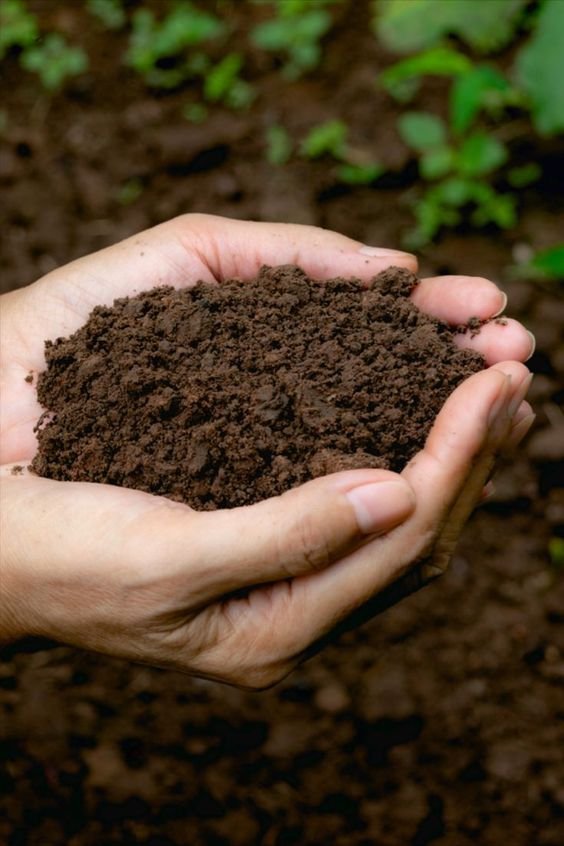
2. Choose The Right Plants : After choosing the right soil, now it is time to choose the plants that you want to grow. Never go for non-native plants as they don’t support sustainable gardening and are difficult to maintain. Choose native plants because they are adapted to your area, its climate conditions, and they are easier to maintain. If compared to non-native species, native plants require less pesticides, less fertilizer and less water in order to grow. Apart from this, native plants are well known to native bees and butterflies. It helps in pollination. Before purchasing plants for your garden, do a little bit research. Find out which plants are native to your area and then incorporate them in your eco-friendly garden.
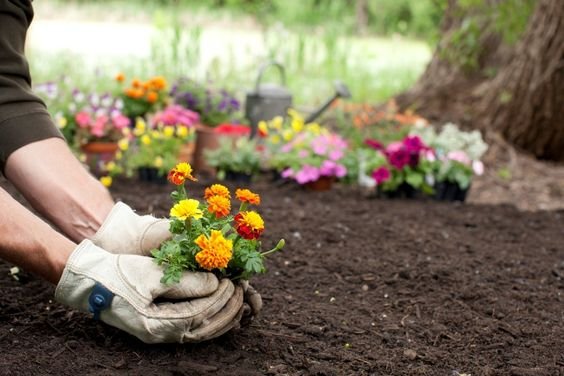
3. Water conservation : As we have studied in our school textbooks and now global warming and climate change have also proved it, that water is a precious resource. It is very crucial to save water if you are going for sustainable gardening. When you start gardening, you have to regularly water your plants. But you should choose water-saving irrigation systems. In order to create your eco-friendly garden, you can collect rainwater and later use that water for gardening. You can also wash your fruits and vegetables in water and then, use that water for gardening.
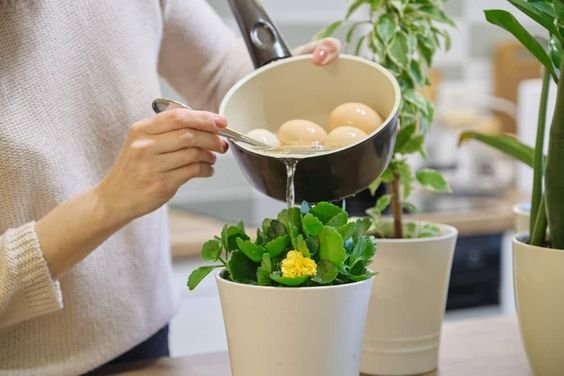
You can also mulch your garden bed with organic materials like straws, leaves or wood chips to retain soil moisture. When soil holds moisture for a longer time, it reduces the frequent need of watering.
Mulching is a process where top soil is covered with plant materials and this process supports sustainable gardening.
4. Do Composting : Composting is an excellent way to provide enrichment to your eco-friendly garden. Composting is a process where you gather all your kitchen waste and convert it into a soil enrichment product. You can include fruits and vegetable peels, egg shells, yard trimmings, coffee grounds, and kitchen waste for making compost.
Mix all of these things with soil and leave it for three to four weeks. When this whole mixture gets mixed and decayed well, it turns into a valuable product which gives nutrients back into the soil. While doing sustainable gardening, you can use this compost as a mulch around your plants. Remember not to cover the stems.
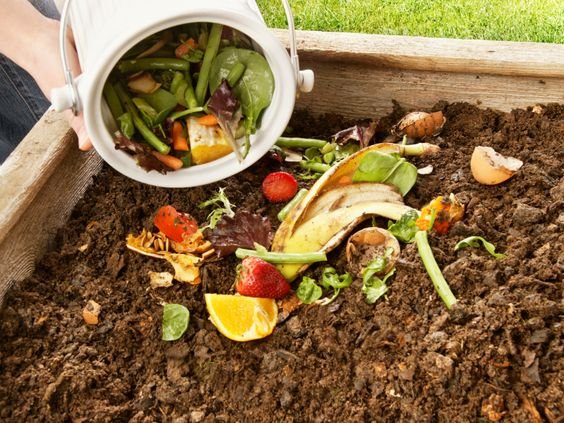
5. Use Organic Mulch : Mulch made of organic material is very beneficial for the garden bed. Mulch suppresses weed, helps in retaining the moisture of the soil. Mulch also helps in regulating the soil temperature. Things that can be included in organic mulch are grass, grass clippings, wood chips, leaves, dry grass, straws, etc.
You can mix all these things and let them gradually decompose to create a nutritious mulch for your eco-friendly garden. Once all this organic matter is decomposed, you can spread it all over the bed of your garden. Do not cover the stems. In this way, you can maximize the effectiveness of the soil while sticking to sustainable gardening.
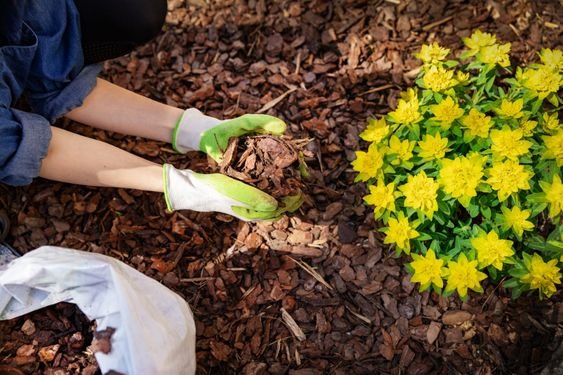
ALSO READ : 10 Simple Tips For Starting A Zero Waste Lifestyle
6. Try Companion Planting : Companion planting is a process of growing certain plants together so that they help each other. For example, if you plant marigold and tomatoes along side each other, they can deter nematodes (a type of worm). And if you plant a basil alongside tomato, it helps in enhancing the tomato flavor. This practice helps in the creation of an eco-friendly garden. You can read and research about companion planting before adapting to this type of sustainable gardening.
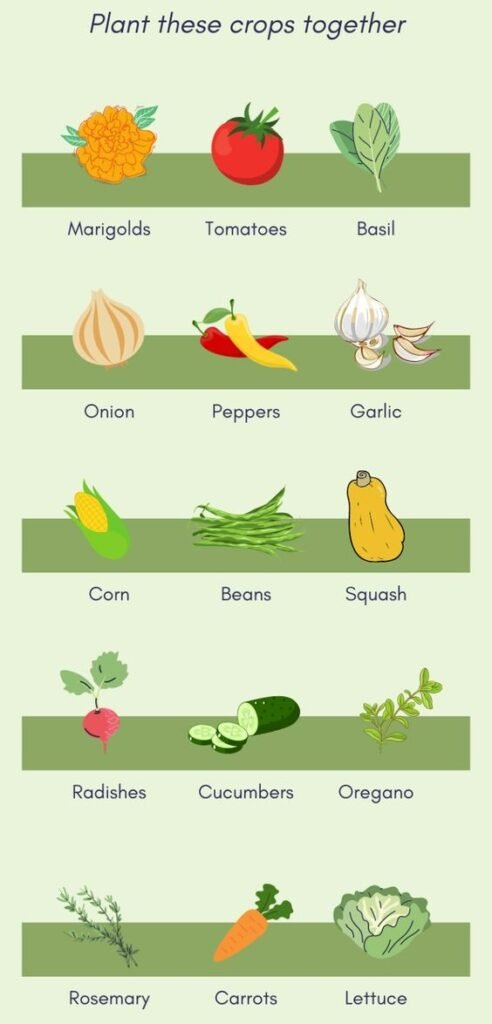
7. Take Nature’s Help : When you are on your way to creating a garden, you might need the help of some beneficial insects. Beneficial insects, such as predatory wasps, ladybugs, bees, they help in maintaining the pollination process. They also help in controlling the pests. In order to attract these insects in your eco-friendly garden, you can plant a variety of flowers that provide pollen and nectar.
You will be able to do sustainable gardening when you adapt more and more natural ways. Killing pests using chemicals is harmful for both the soil and the plant, that’s why beneficial insects come in use.
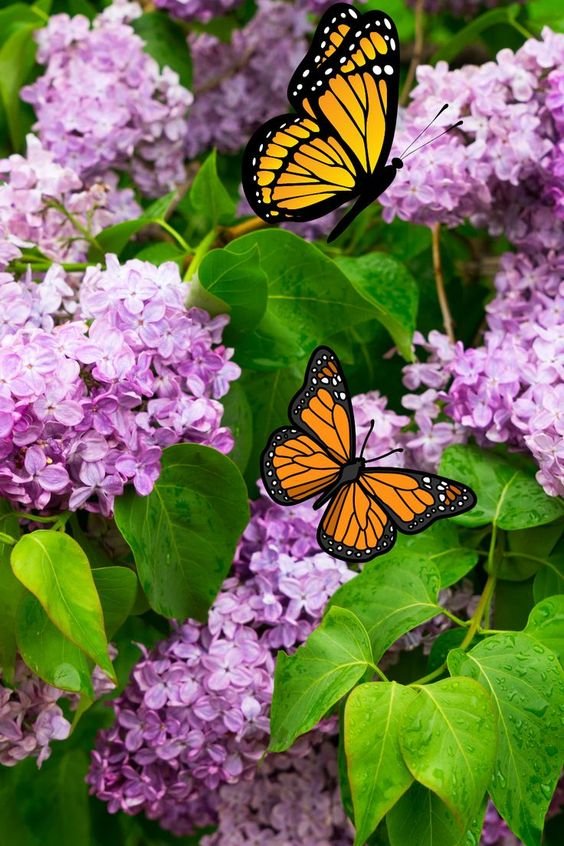
8. Avoid Chemical Pesticides And Fertilizers : Whenever we use chemical-based pesticides and fertilizers, they not only harm the soil health but they also harm the beneficial insects and water quality below the soil. If you want to manage pests naturally in your eco-friendly garden, you can take the help of beneficial insects such as predatory wasps for controlling the pest population. You can also opt for natural alternative such as insecticidal soap, neem oil and diatomaceous earth to manage the pest population.
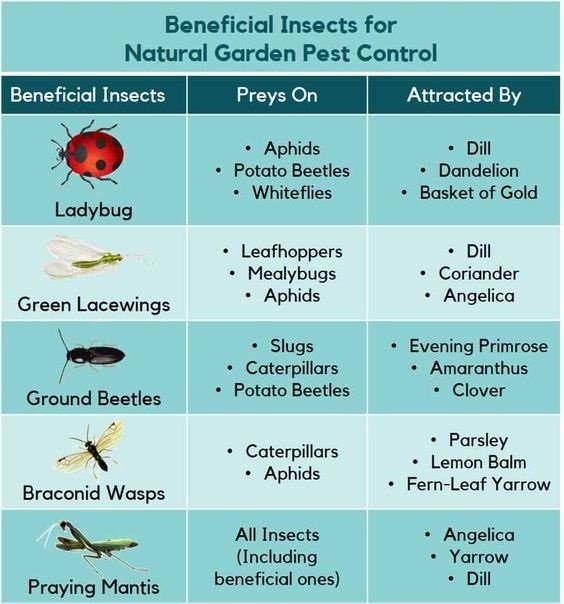
For fertilizers, you can choose natural options like compost, fish emulsion and worm castings for your plants without damaging the environment. If you don’t want to destroy your sustainable gardening, regularly monitor your garden for pest issues.
9. Follow The Three R’s : The three R’s – Reuse, Reduce, Recycle are very essential when it comes to creating an eco-friendly garden. Instead of buying new pots for gardening, you can repurpose old household items such as glass jars, storage boxes, old containers into plant pots. Sometimes, you don’t even need new or old plant pots when you have a garden bed. You can use recycled materials to create pathways and structures for your garden. On the route of sustainable gardening, avoid single-use plastic and choose options which are reusable and durable. When you reduce the waste you contribute a lot to the earth and help in saving the environment.
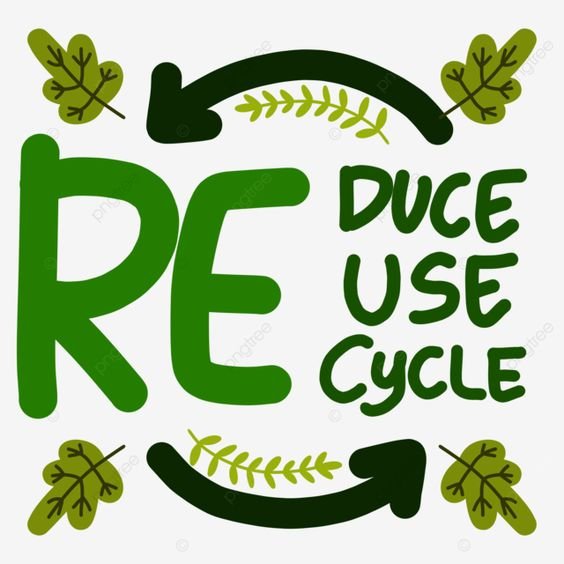
10. Create A Diverse Garden : If you are going to create a new garden for yourself, then remember, that a diverse garden is a healthy garden. To create a balanced ecosystem in your garden, include a wide range of plants, including herbs, shrubs, flowers and vegetables. A diverse garden helps in attracting beneficial insects. It also helps in improving the soil health. In order to prevent soil erosion, you can follow the technique of crop rotation. It helps with sustainable gardening along with balancing the nutrients of the soil.
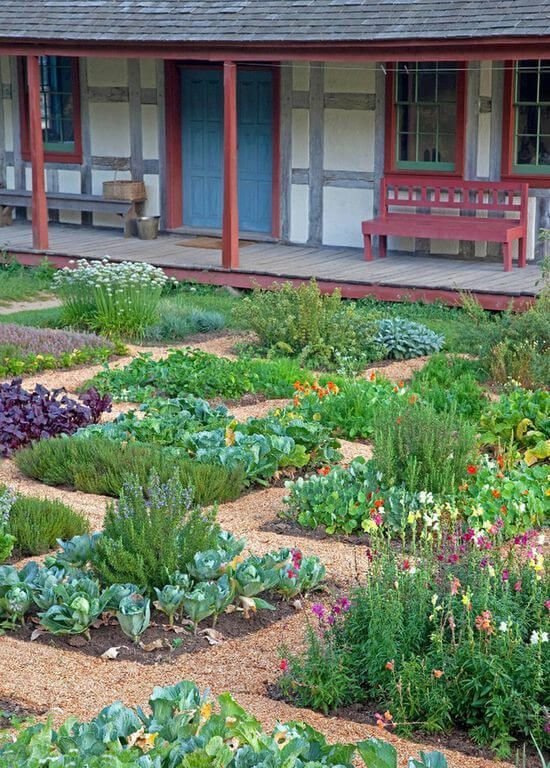
Creating an eco-friendly garden can be very rewarding, if done right. It gives benefits to the environment, and to the person who has created the garden, both. By following sustainable gardening tips you can cultivate a garden that will help in conserving resources and reducing waste. Whenever you plan to create a garden, move ahead with positivity and a proactive mindset. Embrace the above given practices and enjoy your journey towards a more green and sustainable future.
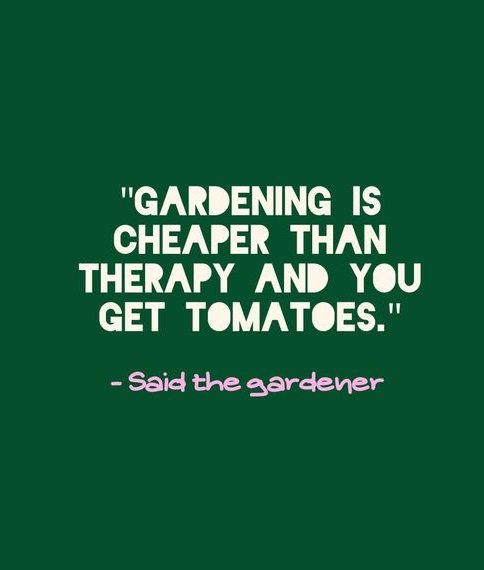
POPULAR POST : How To Do Intermittent Fasting: Advantages, Techniques and Safety Considerations
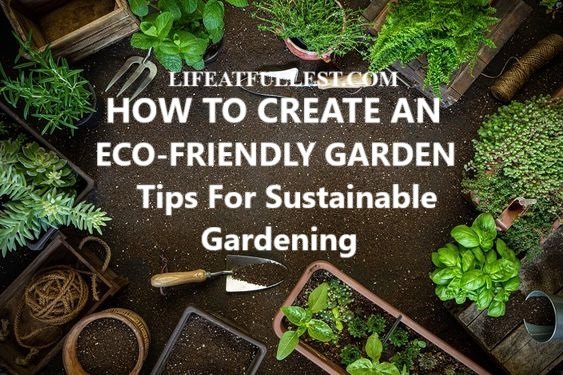

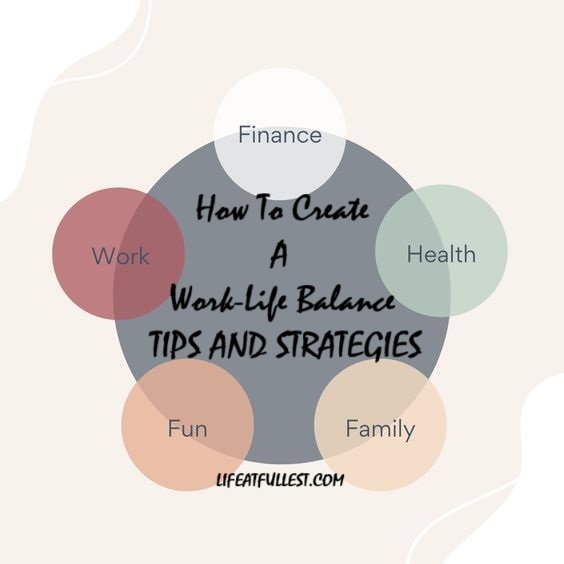
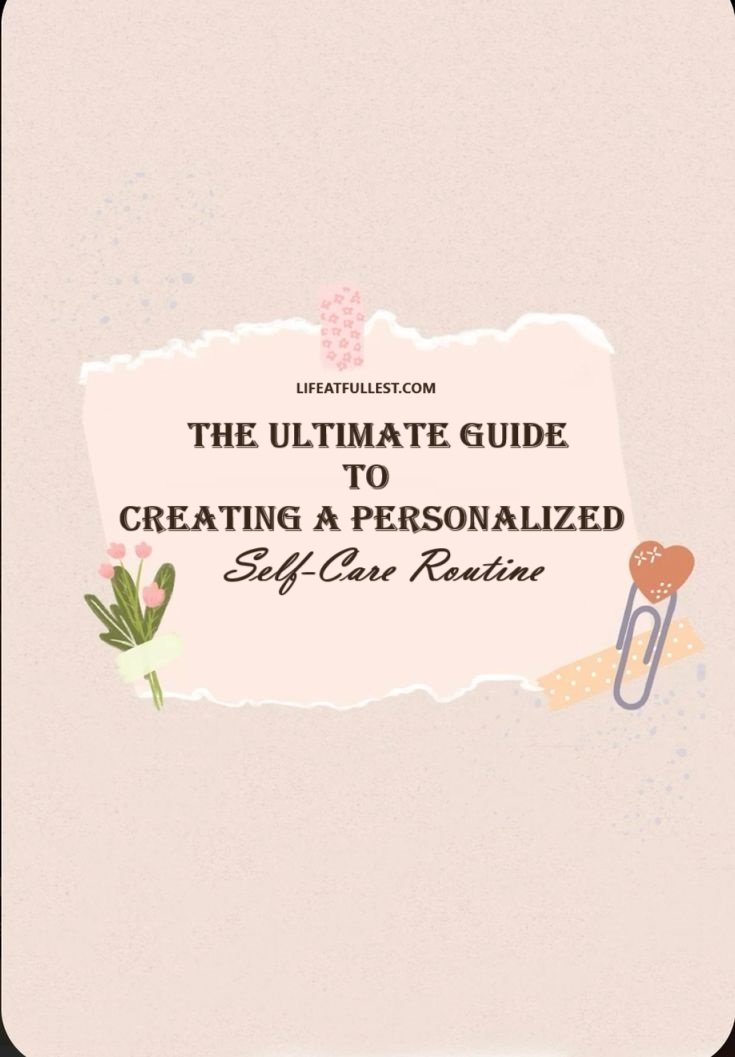
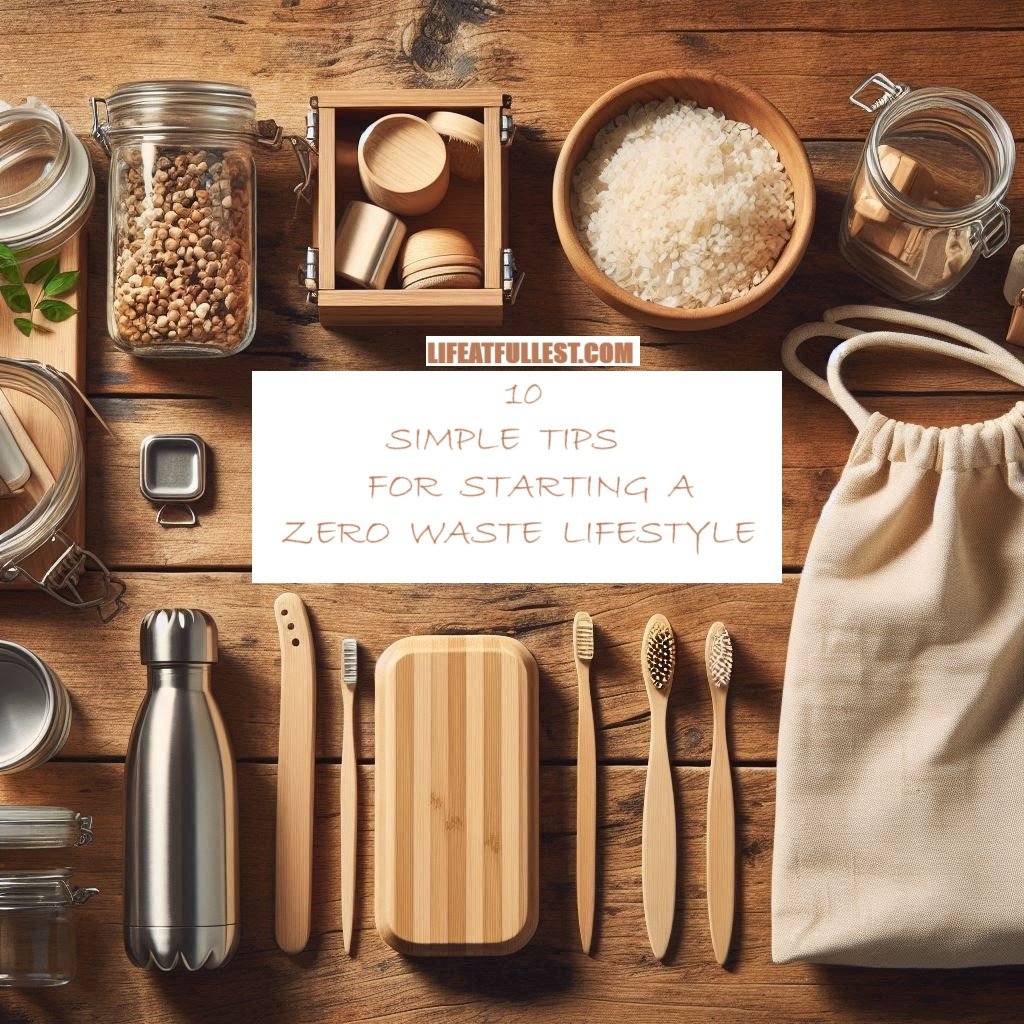
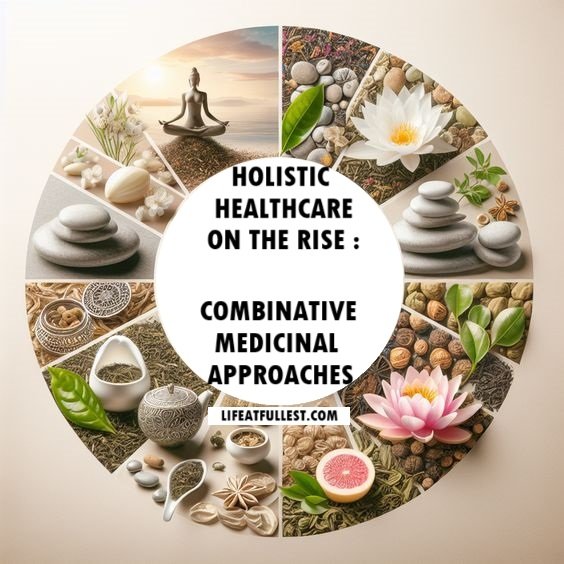
Leave a Reply